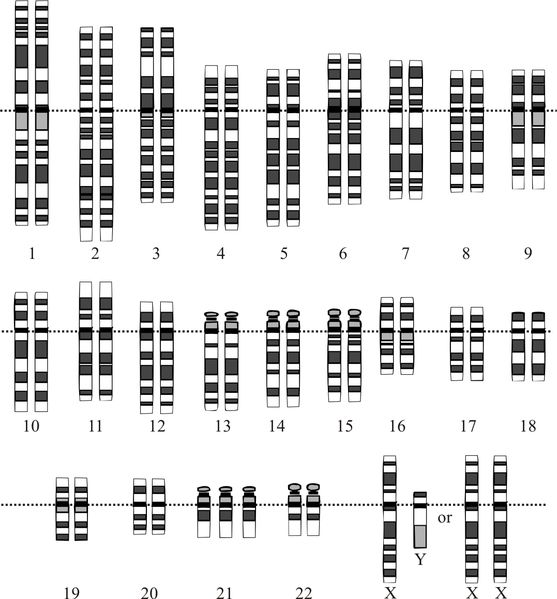-
Tips for becoming a good boxer - November 6, 2020
-
7 expert tips for making your hens night a memorable one - November 6, 2020
-
5 reasons to host your Christmas party on a cruise boat - November 6, 2020
-
What to do when you’re charged with a crime - November 6, 2020
-
Should you get one or multiple dogs? Here’s all you need to know - November 3, 2020
-
A Guide: How to Build Your Very Own Magic Mirror - February 14, 2019
-
Our Top Inspirational Baseball Stars - November 24, 2018
-
Five Tech Tools That Will Help You Turn Your Blog into a Business - November 24, 2018
-
How to Indulge on Vacation without Expanding Your Waist - November 9, 2018
-
5 Strategies for Businesses to Appeal to Today’s Increasingly Mobile-Crazed Customers - November 9, 2018
NHS set to offer women a safer test for Down’s
A new DNA blood test is set to be offered to pregnant women on the NHS to find out whether their baby has Down’s syndrome.
Advertisement
Research suggests the cell-free DNA test, which samples foetal DNA in the mother’s blood, is “highly reliable”. It is now is being considered for introduction across the NHS.
The UK National Screening Committee (NSC), a panel of experts who advise the Government and health service, are expected to make a recommendation on the procedure, which is now only offered privately.
“This would improve the performance of screening, and reduce the number of unnecessary invasive tests and miscarriages”, he added.
The trial of the new DNA test involved 11,692 women at King’s College Hospital, London and the Medway Maritime Hospital in Kent.
If the risk of Down’s syndrome – or two other conditions, Edward’s syndrome or Patau’s syndrome, which are usually fatal to unborn babies – is one in 150 or higher, the women then face a further invasive procedure.
Details of Prof Nicolaides’ research is published today in the journal Ultrasound in Obstetrics and Gynecology.
Women deemed to be high risk following this “combined assessment” are given the option of further tests, which involve using a needle to take a sample of the placenta (chorionic villous sampling, or CVS) or the fluid that surrounds the baby (amniocentesis). CVS or amniocentesis are still the only tests that can provide a definitive diagnosis of Down’s syndrome, but carry a risk of miscarriage. The DNA test can be easily used into routine clinical care within the NHS, and is the one of the most preferred option for pregnant women.
Advertisement
Currently, Down’s syndrome screening initially involves ultrasound tests 12 weeks into pregnancy, combined with a test of hormone levels in the blood.





























